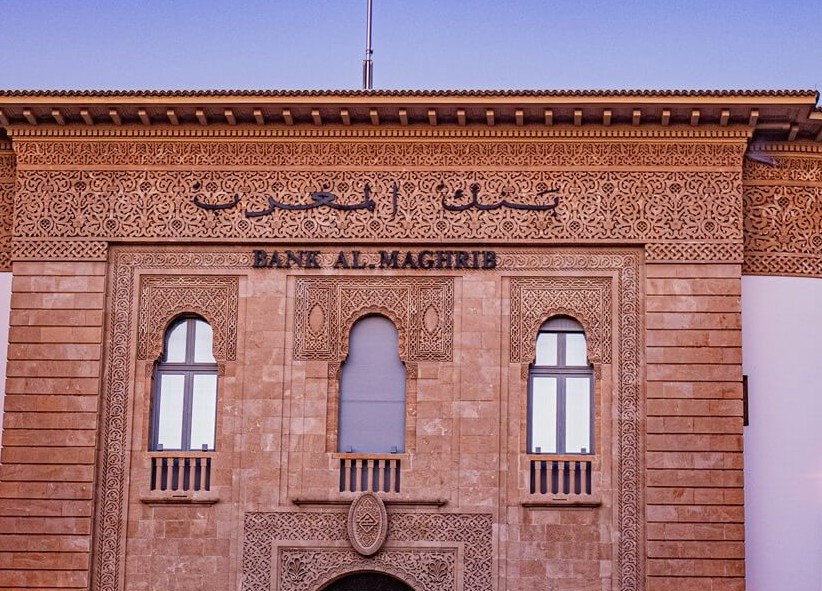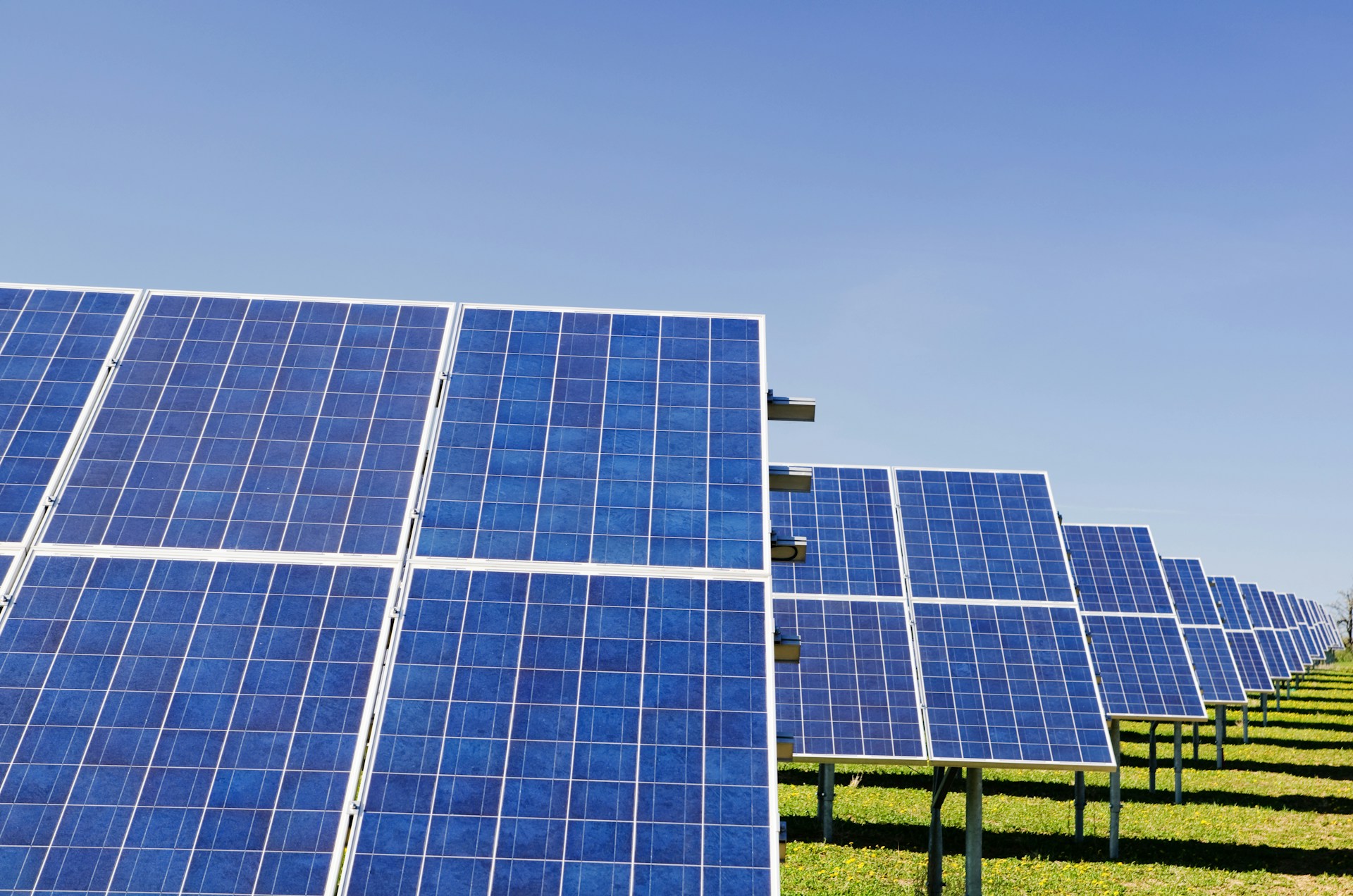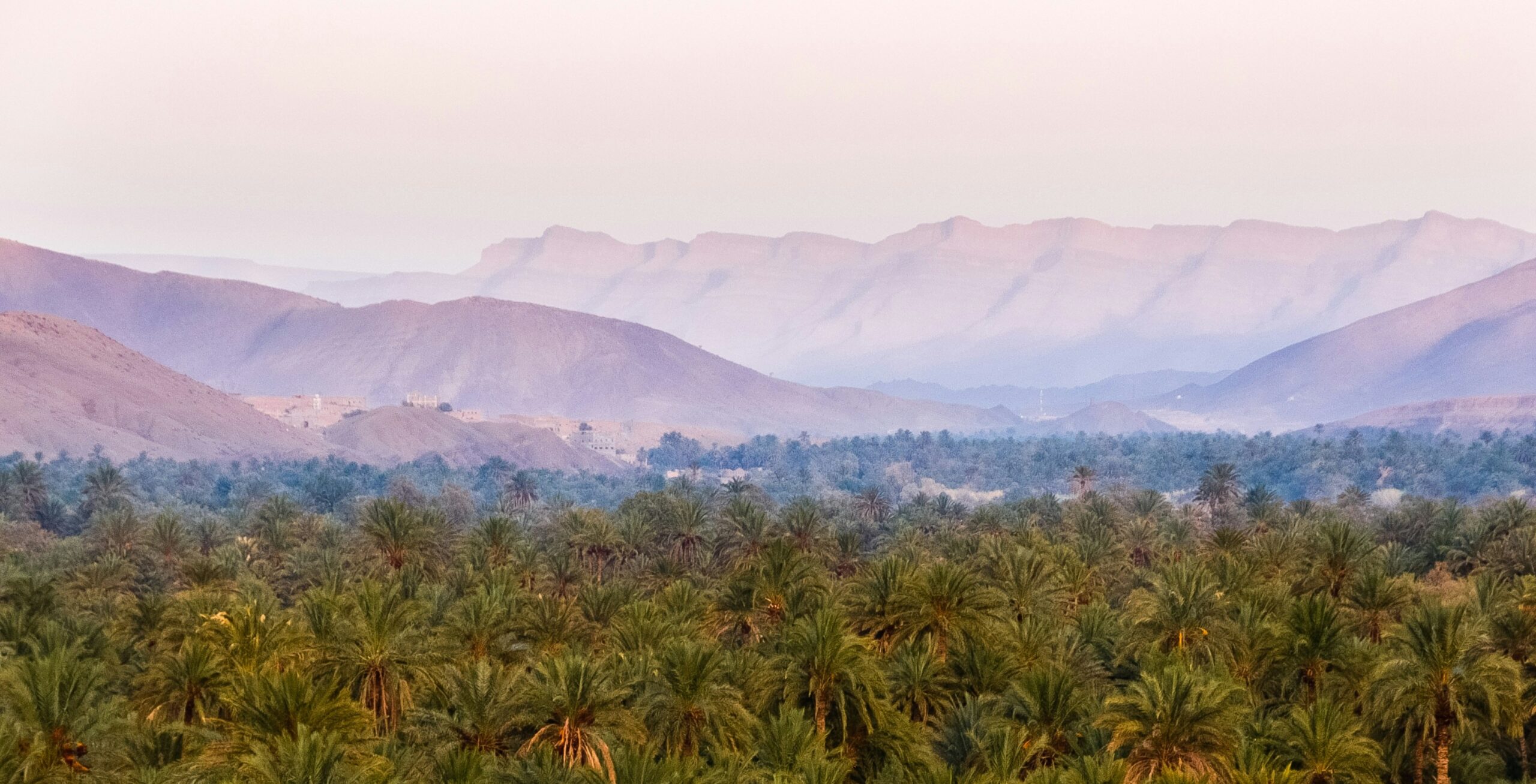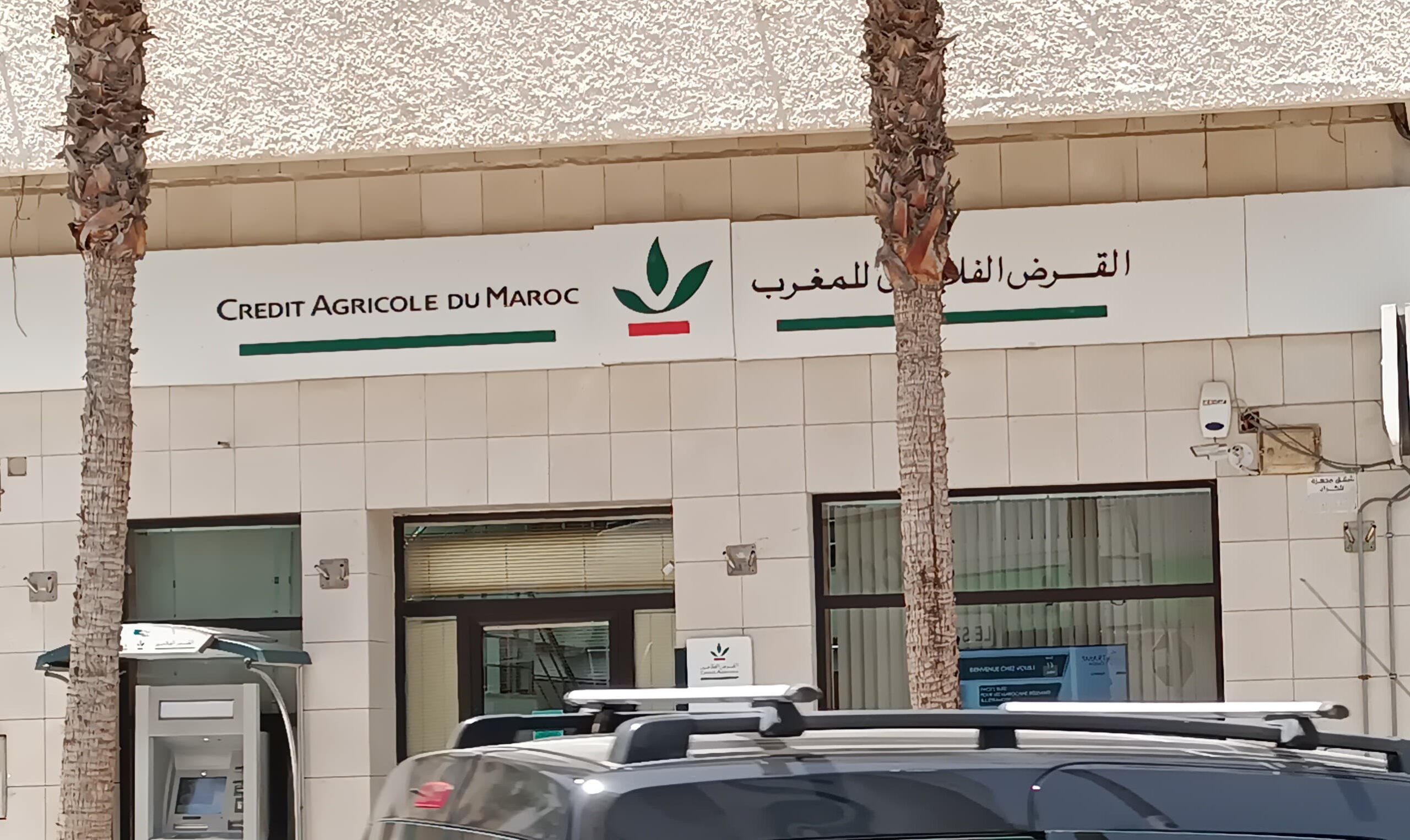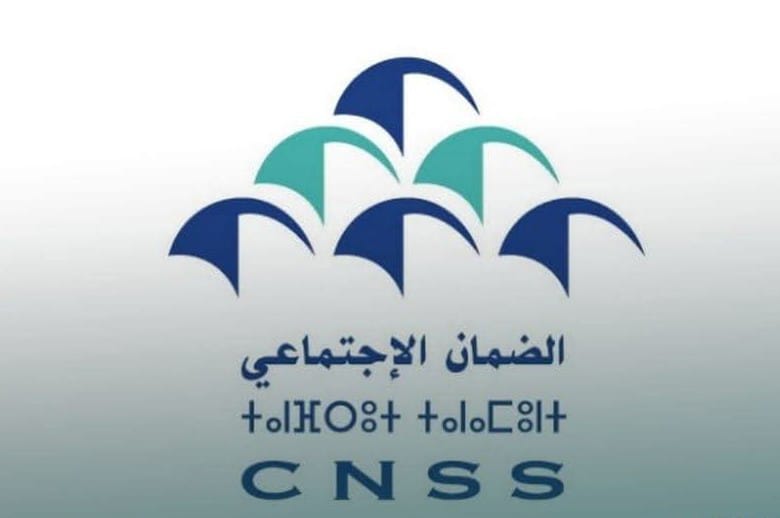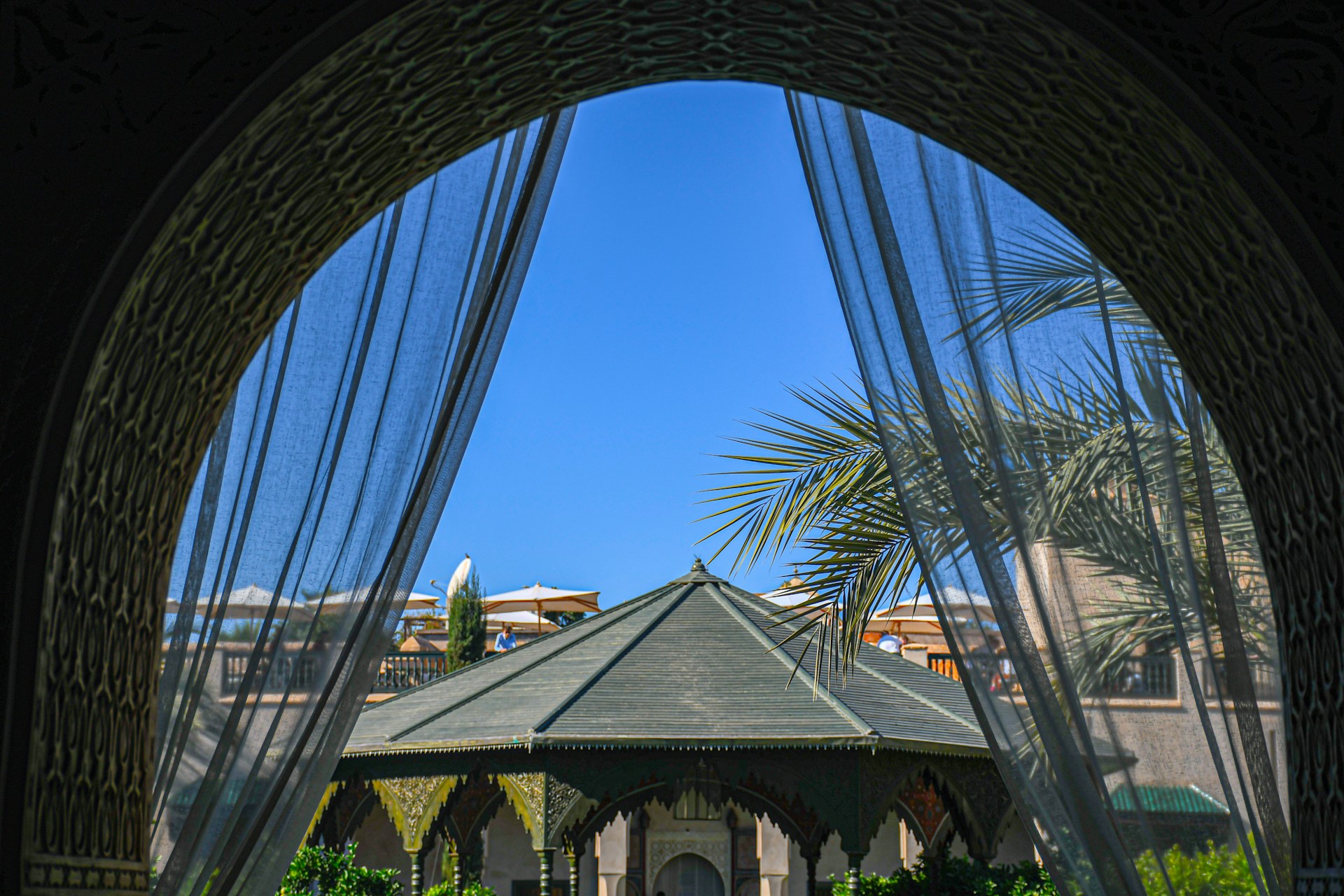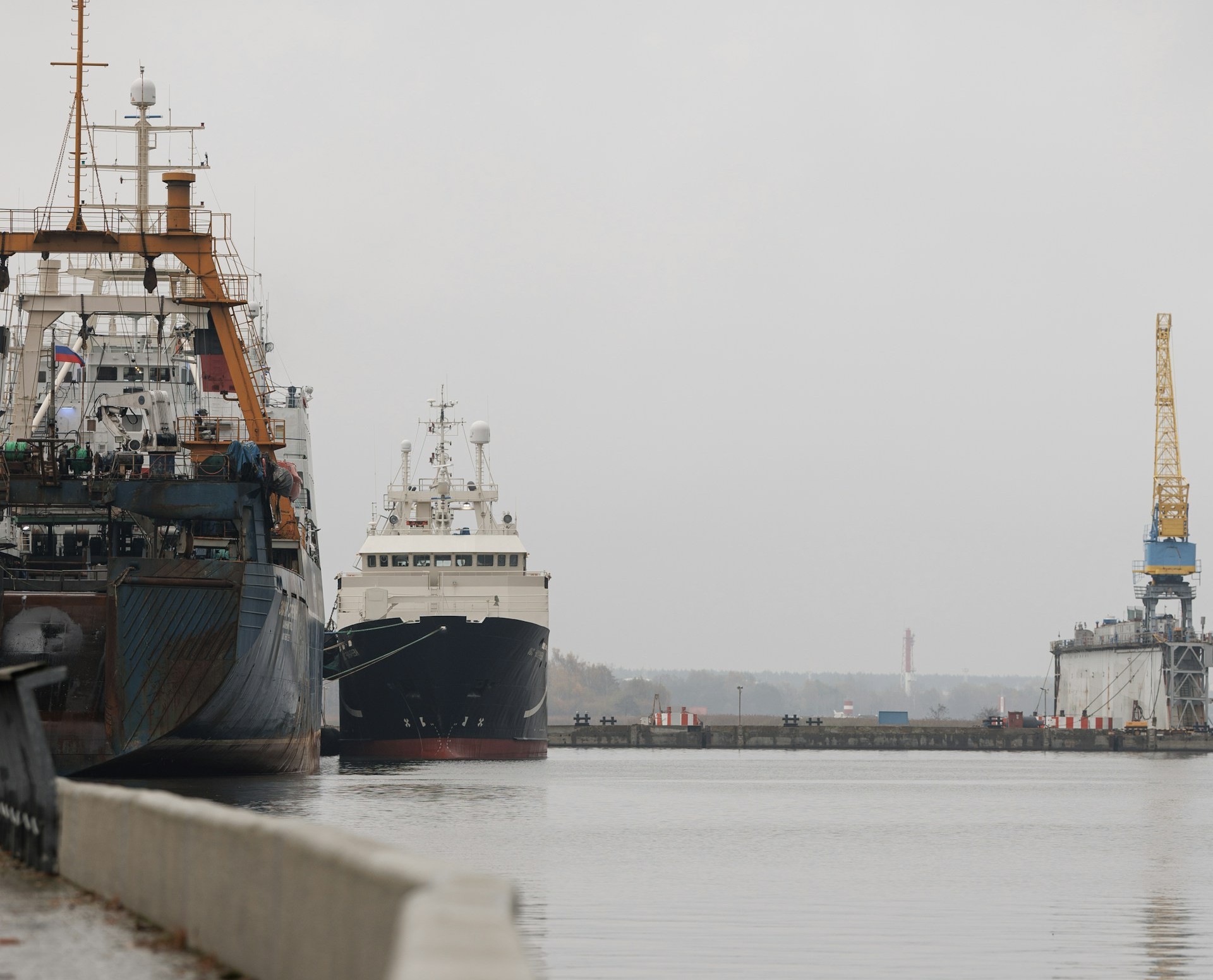Casablanca – Morocco’s economy is on track for sustained growth, with the World Bank estimating an expansion of 3.6% in 2025 and 3.5% in 2026. These projections indicate a resilient recovery, even as the country continues to navigate inflationary pressures and persistent employment challenges.
Sectoral performance: Agriculture and non-agricultural growth
One of the key drivers of this growth will be the agricultural sector, which is expected to benefit from favorable climate conditions in 2025. The World Bank estimates that agricultural GDP will experience a strong rebound before stabilizing around 2.6% in the medium term.
However, the non-agricultural sector, which expanded significantly in 2024, is expected to slow slightly in 2025 due to a base effect—sectors that grew rapidly last year will continue to expand but at a more moderate pace.
Inflation and macroeconomic stability
Inflation remains under control, despite seasonal price fluctuations, particularly during Ramadan, a period that often sees temporary price pressures. However, the latest indicators from Bank Al-Maghrib confirm that core inflation remains stable, reinforcing confidence in the effectiveness of monetary policy.
On the external balance, Morocco’s current account deficit is expected to widen slightly but remain below historical averages, reflecting increased domestic demand. Meanwhile, the budget deficit is continuing its gradual reduction, approaching pre-pandemic levels. Public debt is projected to stabilize between 67% and 68% of GDP.
Employment and socioeconomic challenges
Despite economic resilience, Morocco continues to face employment challenges. While the urban labor market improved in 2024, creating 162,000 new jobs, overall job creation remains insufficient. Over the past decade, the working-age population has increased by more than 10%, while employment has only grown by 1.5%.
This gap is influenced by post-pandemic economic shocks, the delayed impact of structural reforms, and low female participation in the labor market. Addressing these employment challenges is crucial to ensuring inclusive economic growth.
Business climate and structural reforms
The World Bank’s latest report on Morocco emphasizes the importance of an improved business environment to unlock the country’s full economic potential. While Morocco performs better than comparable income-level countries in regulatory frameworks and public services, it lags behind in operational efficiency.
The 2024 Business Ready report highlights key areas for reform, including:
- Reducing the high costs of formal employment and hiring barriers
- Streamlining administrative procedures for businesses
- Enhancing digital governance and improving dispute resolution transparency
- Finalizing legal frameworks and digitizing insolvency-related services
These reforms aim to boost investor confidence and enhance economic competitiveness.
Morocco’s path to sustainable growth
According to the World Bank, Morocco’s economic outlook remains “robust”, supported by:
A stable external position
Controlled inflation
Gradual fiscal consolidation
A steady debt-to-GDP ratio
Experts stress the importance of ongoing structural reforms, particularly those targeting youth employment, to sustain growth momentum.
With a clear commitment to modernization, Morocco holds significant potential to enhance its business climate, accelerate economic growth, and foster a more inclusive labor market.









